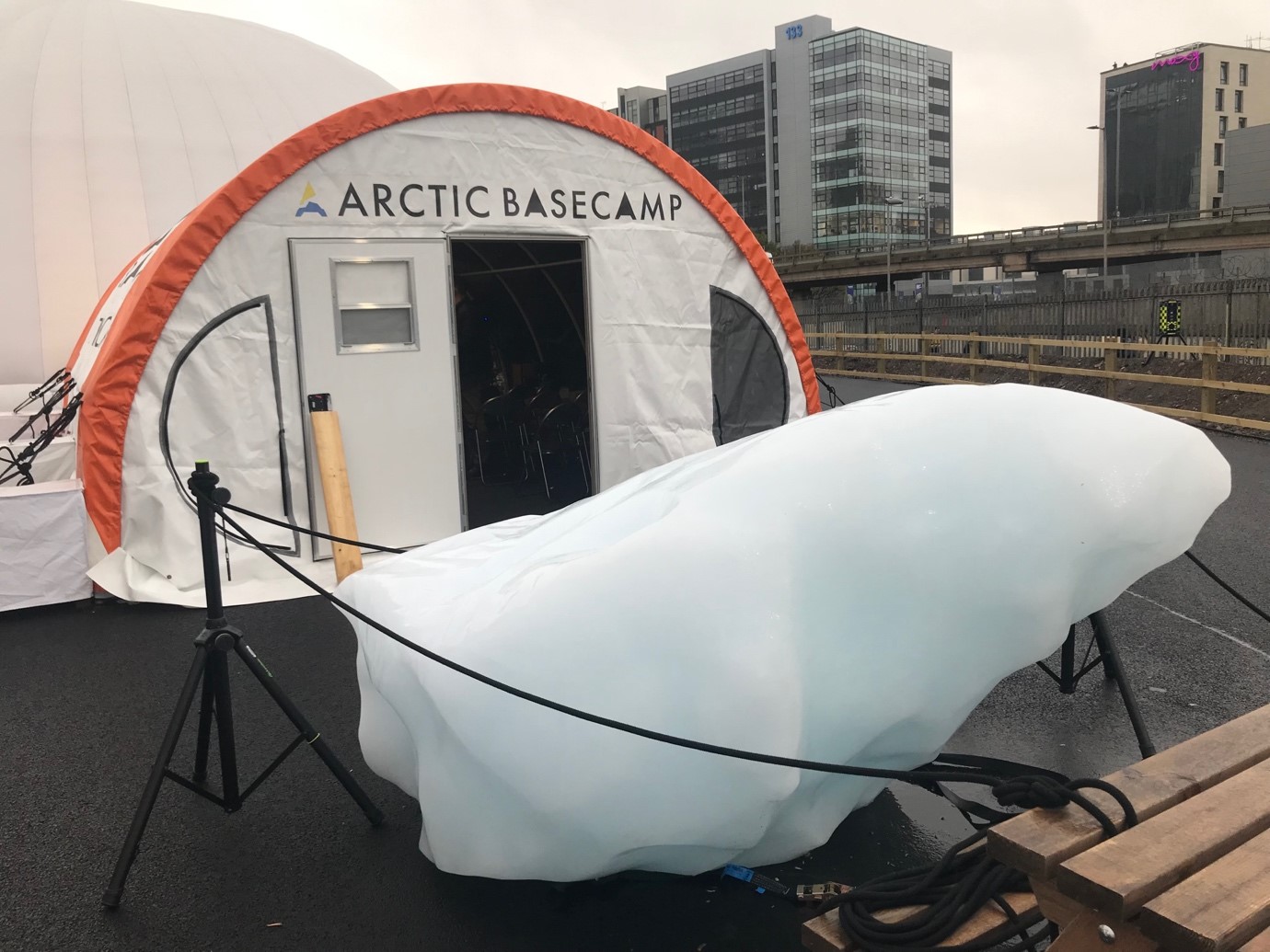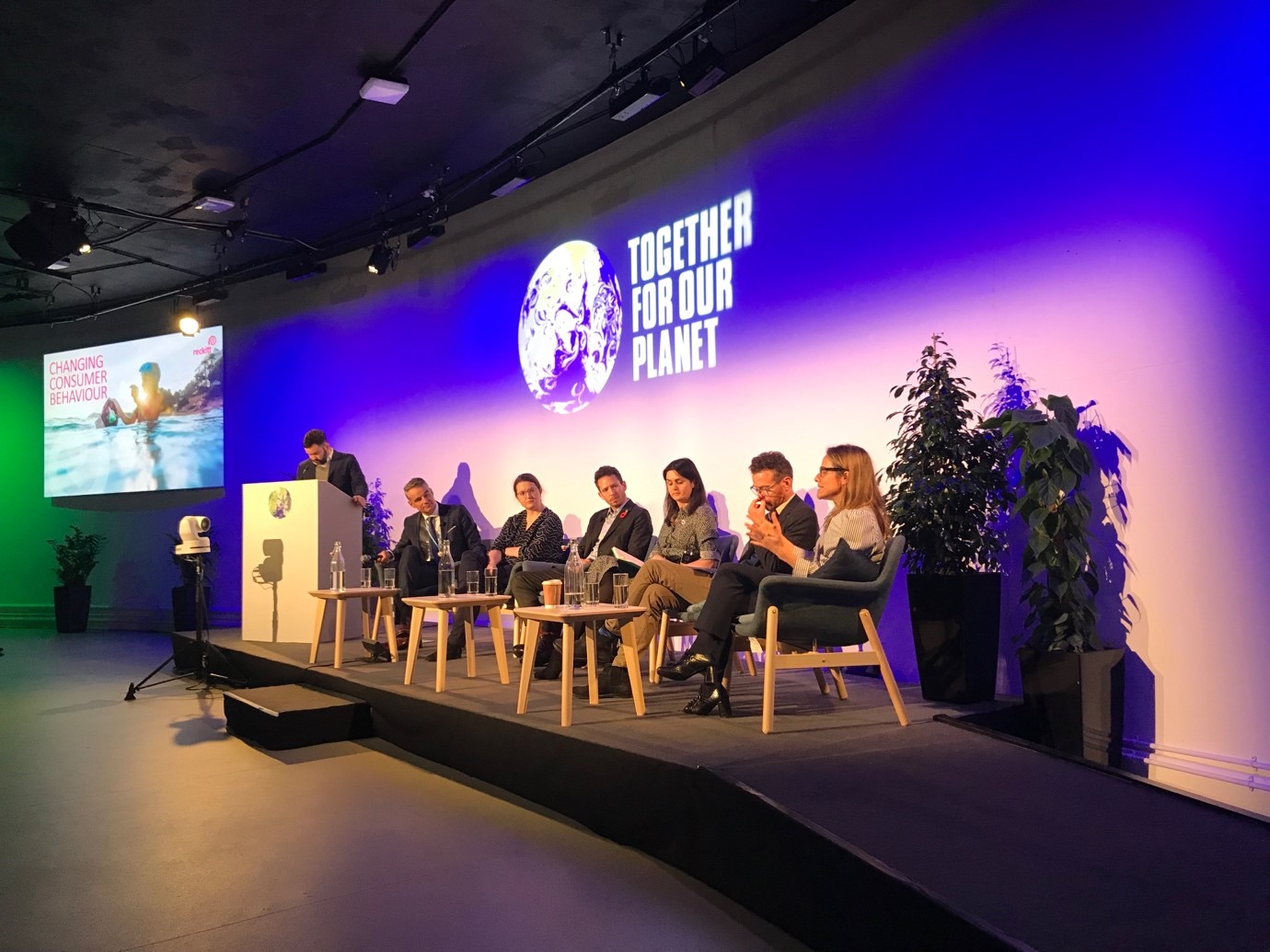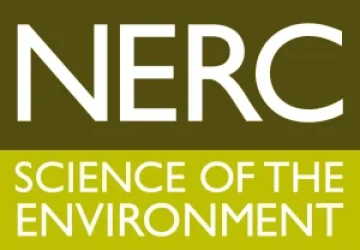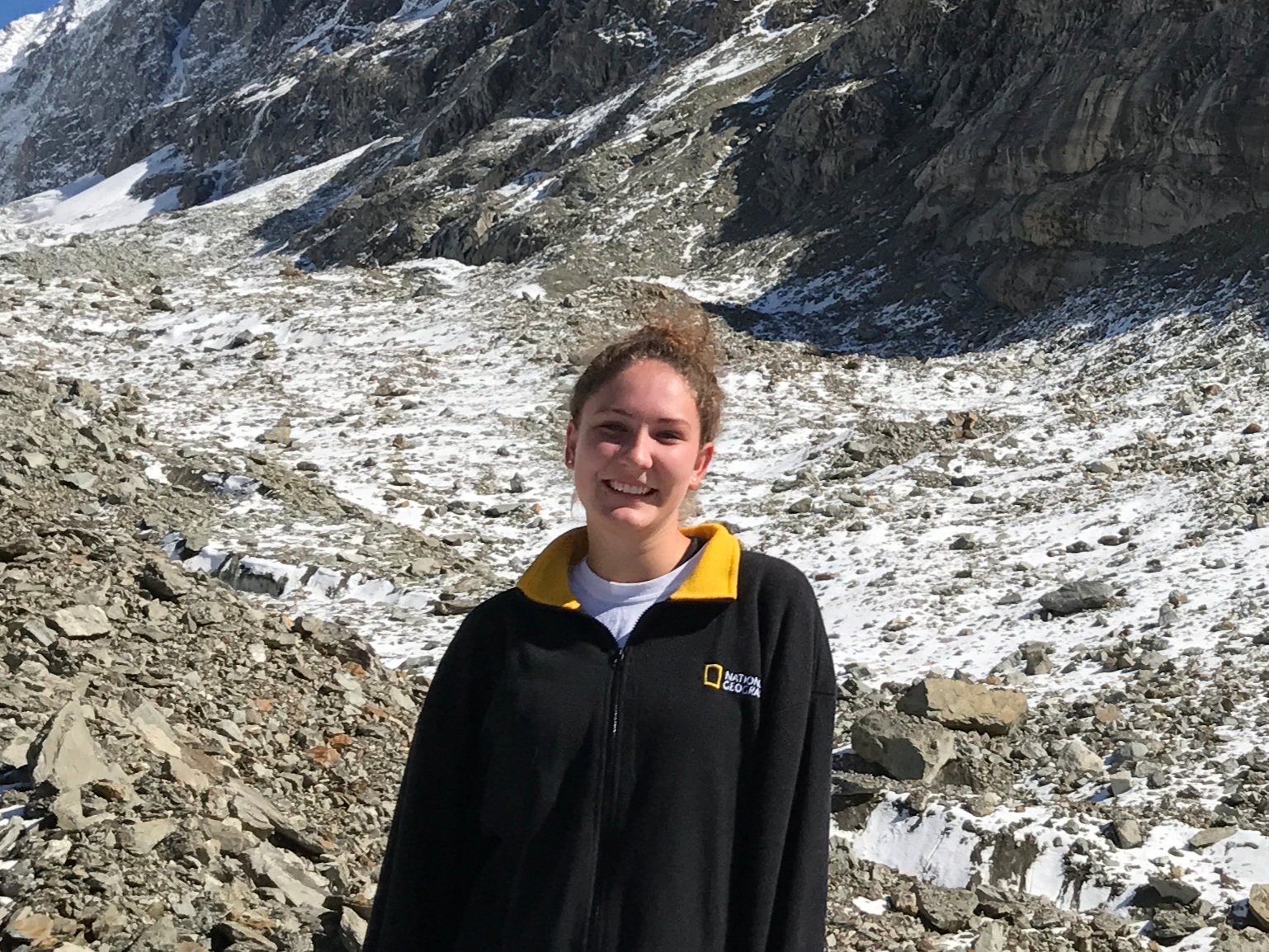By Karla Boxall, PhD Student in Polar Studies at the Scott Polar Research Institute
COP, or Conference of the Parties, is the UN-organised Climate Change conference that all countries attend with the purpose of tackling climate change. COP 26, held in Glasgow, was of particular importance under the Paris Agreement agreed upon at COP 21 in 2015. The Paris Agreement was monumental in that it committed all countries to undertake ambitious efforts to combat climate change and adapt to its effects. Under this agreement, countries also committed to update their plan every 5 years. After being delayed one year due to the pandemic, COP 26 in Glasgow marks this five-year milestone. Alongside these multilateral discussions, many public engagement talks and discussions are held by a number of policy-makers and stakeholders on the subject of addressing the climate crisis.

In my PhD research, I use satellite imagery to explore the ice dynamics in Antarctica, specifically of George VI Ice Shelf on the Antarctic Peninsula. Mass loss, acceleration and retreat is occurring over much of Antarctica, particularly in this region, in response to climate change. As such, Antarctica is contributing significantly to sea level rise, and its contribution is projected to increase significantly over the coming century.
Given my work closely relates to climate change, I was invited to attend a COP 26 panel discussion on the ‘Tipping Points in the Polar Regions’, organised by Cambridge Zero at the Arctic Basecamp. The title of the discussion led me to question whether talk of climate thresholds and tipping points relating to ice sheet loss is alarmist, and induces climate-anxiety, or whether the climate crisis has reached the point whereby such intense language is required to fuel the necessary action. The discussion itself raised some interesting points in terms of whether/how we can bridge the communication gap between scientists who predict ice sheet/sea level/climate changes over decades with policymakers whose interests lie over a few years only.

For the rest of my time in Glasgow, I attended a wide-ranging collection of talks and discussions to further gain perspective on my PhD research, and on the considerations required to enact meaningful change and tackle the climate crisis. My highlights include:
- Listening to talks by big corporations, such as Sainsbury’s. Interestingly, these companies often placed the emphasis on ‘Changing Consumer Behaviour’ and accompanied their presentations with pictures such as a young girl collecting litter from the ocean. To me, their underlying message was clear – it’s the role of the consumer to change their behaviour and make more sustainable choices. While I agree that individuals should do their part to make better choices for the planet, the onus shouldn’t be placed on individuals to make changes, when large scale, systematic change is required, and big brands can play an important role in this by providing sustainable options at an affordable price.
- Taking part in a discussion on the role of gender in decarbonising transport. This is not something I had considered in depth before attending COP 26. However, the transport sector has an important role to play in developing its infrastructure to ensure women’s safety on its services so that the most sustainable forms of transport are available to all.
- Listening to a discussion on whether we could/should ‘nudge’ or ‘boost’ an individuals’ behaviour as a way of addressing climate change. ‘Nudges’ incentivise individuals based on social comparison, while ‘boosts’ provide individuals with increased capacity to make the required changes to favourably alter their behaviour. I learned that changing social norms through alterations to the surrounding choice architecture could be a key method to instigate the large-scale behavioural changes that are required to address climate change. Ultimately, we do need to change the perceived norms to harness the power of social norms in altering voluntary behaviour to address climate change.

Overall, I found attending COP 26 very thought-provoking. Given my work focuses on the impact of climate change in the cryosphere, particularly in Antarctica, COP 26 provided a valuable broader perspective on the impacts of climate change, and the expansive range of potential solutions required to address the current climate emergency, in addition to the discussions that still need to be had.
You can watch recordings of the talks and discussions I’ve mentioned at these links:
Changing Consumer Behaviour: https://www.youtube.com/watch?app=desktop&v=OAnPjGjTkXA&feature=youtu.be
The role of gender equality in decarbonising transport: https://www.youtube.com/watch?app=desktop&v=EPmbrB61408&feature=youtu.be
Behavioural climate policy in the global community: https://www.youtube.com/watch?app=desktop&v=mmqlWaUPd9E&feature=youtu.be
Recordings of many other talks and discussions from COP 26 are available here:https://www.youtube.com/channel/UCyiVEaIGxX7Y0KX7e8TZ3YA



